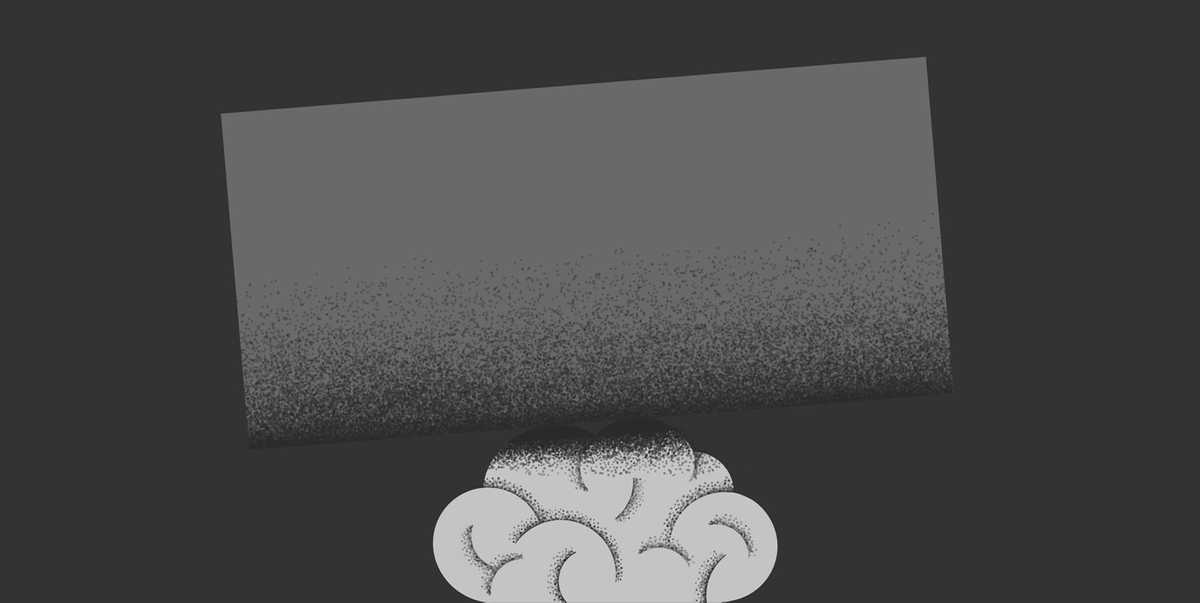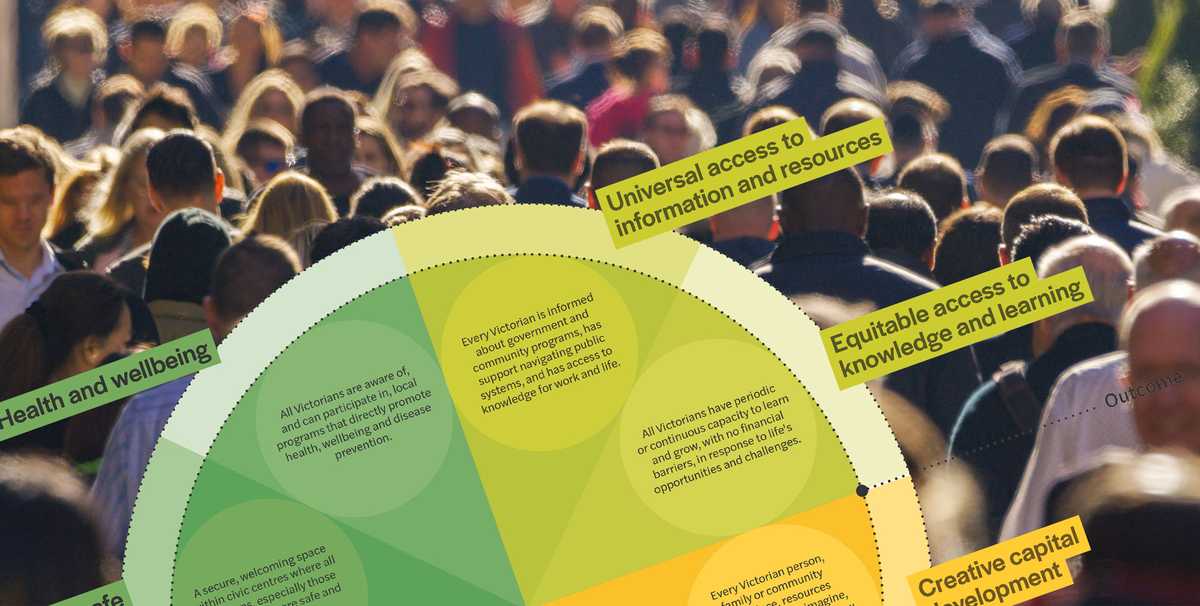
When Trump entered the White House for a second time, it was with full force and the clear agenda of Project 25. By the end of the first week everyone had something to say; most were visibly disturbed. So great felt the threat to the order that had so benefited US allies and their people, Australians among them.
It also didn’t take long for Trumpism and a flood (‘the zone’) of executive orders to get right wing populists excited on Australian shores. As we enter election week, Labor would have loved to see Dutton go full Trump. Why? Because this would have made him easier to defeat in an electorate with a compulsory, proportional and preferential voting system (no electoral college), and a tendency to support the middle ground rather than the extreme. Dutton didn’t go full Trump. And, Clive Palmer, this ‘aint America.
After week one, and despite a visceral urge to join the uproar, we decided to step back and wait for the first 100 days to pass. What intrigued us was the opportunity to observe Trump and crisis behaviours: the cadence of people’s emotional responses, the decisions they make, and their behaviours.
How humans respond to crises.
When a crisis strikes—whether political, economic, or social—humans tend to respond in patterns shaped by fear, hope, resistance, and adaptation.
Crises—especially political ones—tend to activate deep psychological and emotional responses. Fear, anger, and uncertainty drive people to act in different ways, often aligning with one of these four responses:
- Resistance – Some react by pushing back, protesting, and organising.
- Adaptation – Others accept the new reality and find ways to adjust.
- Denial – Some downplay the crisis or refuse to acknowledge its severity.
- Hope and reinvention – Others use the moment to push for new ideas and solutions.
In the past 100 days, we have witnessed all four of these responses.
As an aside, one of our team overheard someone saying it was now the four Fs: fight, flight, freeze or fawn. Which of those behaviours did Mark Zuckerberg exhibit?
Resistance: Is this the birth of a new movement?
From the moment Trump took office, a wave of resistance threatened to form. However, this time around, and despite the much more aggressive and immediately harmful policies, we didn’t see the protests of his first term. In fact, Elon Musk and, unfairly, Tesla owners were more of a target.
We can put this down to a range of factors: a mix of protest and campaign fatigue, most Americans expected chaos and aggression, the pace meant the media didn’t have time or space for Democrat/alternate opinions, and there is a very real threat of reprisals for any person or organisation that gets publicly organised. That said, civil justice lawyers were very fast to respond, knowing their best chance against executive powers is hold things up in the courts (hopefully for four years).
That said, movements are now forming, and protests are increasing. That aligns with a fundamental crisis response: when people perceive a threat to their values or rights, they mobilise.
Adaptation: It’s a new normal.
While some organisations, like Harvard University (which is independent, influential and well-resourced enough to push back on Trump’s policies), most others adjusted to the new political landscape. This is expected on morally ambivalent Wall Street, but the kowtowing by tech and legal firms, sometimes to the tune of millions of dollars, has been jaw dropping.
Federal and state Republican lawmakers, who remained loyal to Trump in the interstitial years, are fully realising the potential of the new normal and its granted power and influence. That’s driving huge momentum from Washington throughout the country and the world, where copycat nationalists are trying to surf the wave.
Businesses and media organisations have had to adapt, finding ways to navigate a political climate that is unpredictable but, nevertheless, has a direction.
For many everyday Americans, adaptation means pragmatism and learning how to live under an administration for which they didn’t vote. Some have tuned out of the constant political turmoil, while others are finding ways to work within the new system, by engaging in local politics or simply re-calibrating their expectations.
Denial: It’s not as bad as it looks, man.
A significant portion of the population seems to be denying anything is wrong at all: “he’s just doing what people elected him to do; it’ll all blow over and something good might come of it”.
Trump’s base has remained loyal, often dismissing media coverage as fake news or viewing his controversial policies as necessary actions. Psychological studies show that when people are deeply invested in a belief or political figure, they tend to reject evidence that contradicts their views. Confirmation Bias is strong.
Denial has also taken another form: exhaustion. Some Americans, overwhelmed by the daily chaos of Trump’s first months, disengaged entirely, avoiding political news altogether. This type of response is common in crises—when faced with too much stress, some people choose to ignore the situation rather than confront it. Keep your head down, or in the sand.
Hope and Reinvention: Let’s be smart, creative and make the most of this situation.
Despite the turmoil, Trump’s presidency will also spur new and different political engagement.
Some organisations are fighting for their lives. Trans people are fighting for their right to exist. This poses questions for whole industries and populations, and dinner table conversations.
Yong people, women, LGBTIQA+ communities, immigrants: they all have the grounds and the means. Leaders with compelling new ideas will emerge. They reframe policy and build new infrastructure for long-term change.
Crisis, while often destructive, can also be a catalyst for reinvention. People find creative ways to push for what they believed in, from satire and activism, to alternative policy proposals. In these ways, Trump’s presidency is not just a challenge but an opportunity for many to redefine their role in, and restate their commitment to, democracy.
So, what have we learned at day 100?
Eggs matter. A lot.
Tariffs come and go, sometimes every few days.
The Dow Jones bloodbath has powerful Wall Street stockbrokers speaking out, regardless of the risks.
Greenland is not for sale.
Brokering peace in Ukraine is taking a lot longer than 24 hours. But it’s looking like a pivot not iconoclasm.
And, at the northern border, Carney is steeled for a fight – with most Canadians right behind him.
You can read denial, hope, resistance, and adaptation in all those outcomes.
However, the key take-away might be that crises reveal who each of us are. We’ve seen how a universally destabilising threat has rendered people raw. Facades crumble, values become prominent, and self-interest is omnipresent.
Crises force us to choose whether we will fight, accept, ignore, or transform. And in that choice, we shape the future. For better or for worse.
That’s something Musk might be pondering, as Tesla, once a hero for environment conscious consumers and companies, faces irrevocable damage.
Your move, Elon.

